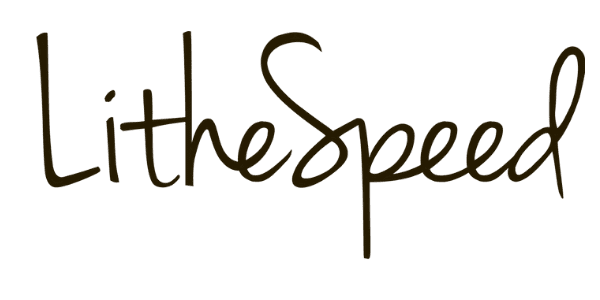Agile Coaching Skills – Certified Facilitator
In the Agile Coaching Skills – Certified Facilitator (ACS-CF) training workshop you will learn how to support groups of people (teams, large groups, organization wide groups) as they collaborate, generate ideas, look for solutions, and make decisions. The Agile Coaching Skills – Certified Facilitator workshop provides training for anyone interested in developing their facilitation skills, adding to their toolkit of techniques, learning the facilitator mindset, and increasing their knowledge about being a facilitator. Completing this workshop will empower you with real skills and techniques to excel as a facilitator.
Upon completion of this workshop, you will have earned a Scrum Alliance certification and Scrum Alliance membership. If you already have a Scrum Alliance certification then all of your Scrum Alliance certifications will renew and align with this new certification for two years.
Upcoming Classes
What you'll learn
In the Agile Coaching Skills – Certified Facilitator (ACS-CF) workshop you will learn and practice:
- Discover what a facilitator is and what they do.
- Discover what facilitation is and when to use this invaluable skill.
- Learn the importance of being a neutral facilitator. You will learn to facilitate the process while
maintaining neutrality, letting the team or group reach their solutions and decisions. - Understand the needs of different teams and how to approach facilitation with different groups.
- Know how to apply the skills of being a facilitator before, during and after facilitating an event.

Is this the class for me?
Key Participants for the Certified Facilitator Workshop:
- Trainers
- Product Owners
- Agile Coaches
- Directors
- Scrum Masters
- Project Managers
- Consultants
- Marketing Managers
- Coaches
- Sales Managers
- Customer Success Managers
- Product Development Educators
SAMPLE AGENDA
- Define and recognize appropriate facilitation stances.
- Practice effective facilitation.
- Stakeholder contracting for group facilitation.
- Design facilitated sessions for team forming, conflict, psychological safety, designing agreements, and any other context of your choice.
- Assess environmental contexts and group norms impacting participation.
- Foster and repair psychological safety during a session.
- Manage the group’s agenda during sessions.
- Demonstrate ethical facilitation practices.
- Establish your facilitation presence before, during, and after sessions.
- Explain how to facilitate from the front, side, back, and inside.
- Bring listening, powerful questioning, and feedback skills to your facilitation.
- Develop conflict resolution strategies.
- Integrate reflection into your practice.
